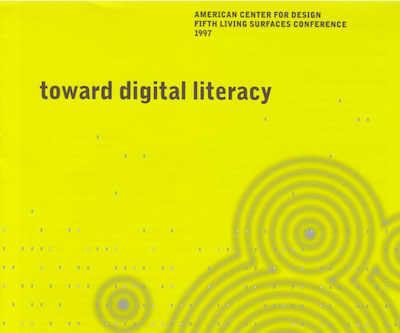Mizuko Ito
A deep researcher of interaction and play by children, a scholar, user centered researcher and a startup founder.
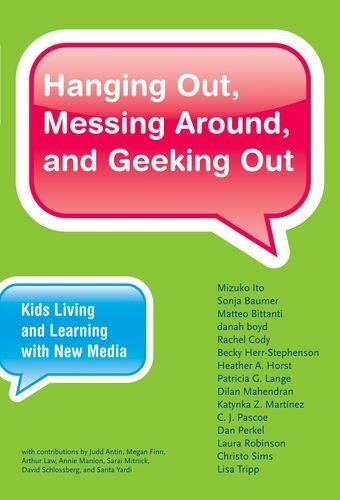
Written by Erin Malone
I first came upon the work of Mizuko Ito when I was working on the second edition of my first book Designing Social Interfaces and working as an interaction designer with a handful social startups. In the process of working on the second edition of the book, my research included reading the research work from danah boyd which led me to her work with Mizuko Ito and the other authors about teens and their relationships to social media.
The report and book that was eventually published was titled Hanging Out, Messing Around, Geeking Out: Kids Living and Learning with New Media (2013) and was the culmination of three years of research funded by the MacArthur Foundation. The research was a collaborative effort by members of the Digital Youth Project and included students and faculty from UC Berkeley and University of Southern California. Ito says some of their most important findings were about “friendship participation, friends just hanging out online,” versus “a smaller minority of kids who started using this baseline technical and media literacy as a jumping-off point to start developing more sophisticated kinds of skills, and this is what we called "messing around" or as a transition to more geeking-out kinds of forms of participation. And that's where we saw a much smaller cut of kids. It was really a minority, those kids that tend to be identified with more creative or geeky or intellectual pursuits at school, kids who have strong interest-driven orientations, and these are the kids who are using the online world, using new media-production tools, games as environments to really develop specialized interests and very sophisticated forms of technical and media literacy.”[1]
As a designer looking into ways interaction design can help make online experiences, especially social media experiences, safer for users, especially teens, the work of Ito and her research over the years is especially salient.
Mizuko Ito is a Japanese anthropologist and researcher who specializes in youth and their relationship to technology, especially across teen relationships, their identities and how those are affected by technology and their experiences in social spaces.
She received her BA in East Asian studies from Harvard University and then moved west to study at Stanford where she received her MA in anthropology and her Ph.D. from the Department of Education in 1998. Her dissertation “Interactive Media for Play: Kids, Computer Games and the Productions of Everyday Life” started her down the path of researching the relationship of kids and technology. She continued her studies to receive a Ph.D. from the Department of Anthropology in 2003. Her last dissertation was titled, “Engineering Play, Children’s Software, and the Production of Everyday Life.”
Ito is currently the Research Director of the Digital Media and Learning hub at the University of California, Irvine. The research center straddles the department of Anthropology, the department of Education, the department of Informatics and the School of Education. She also holds the MacArthur Foundation Chair in Digital Media Learning.
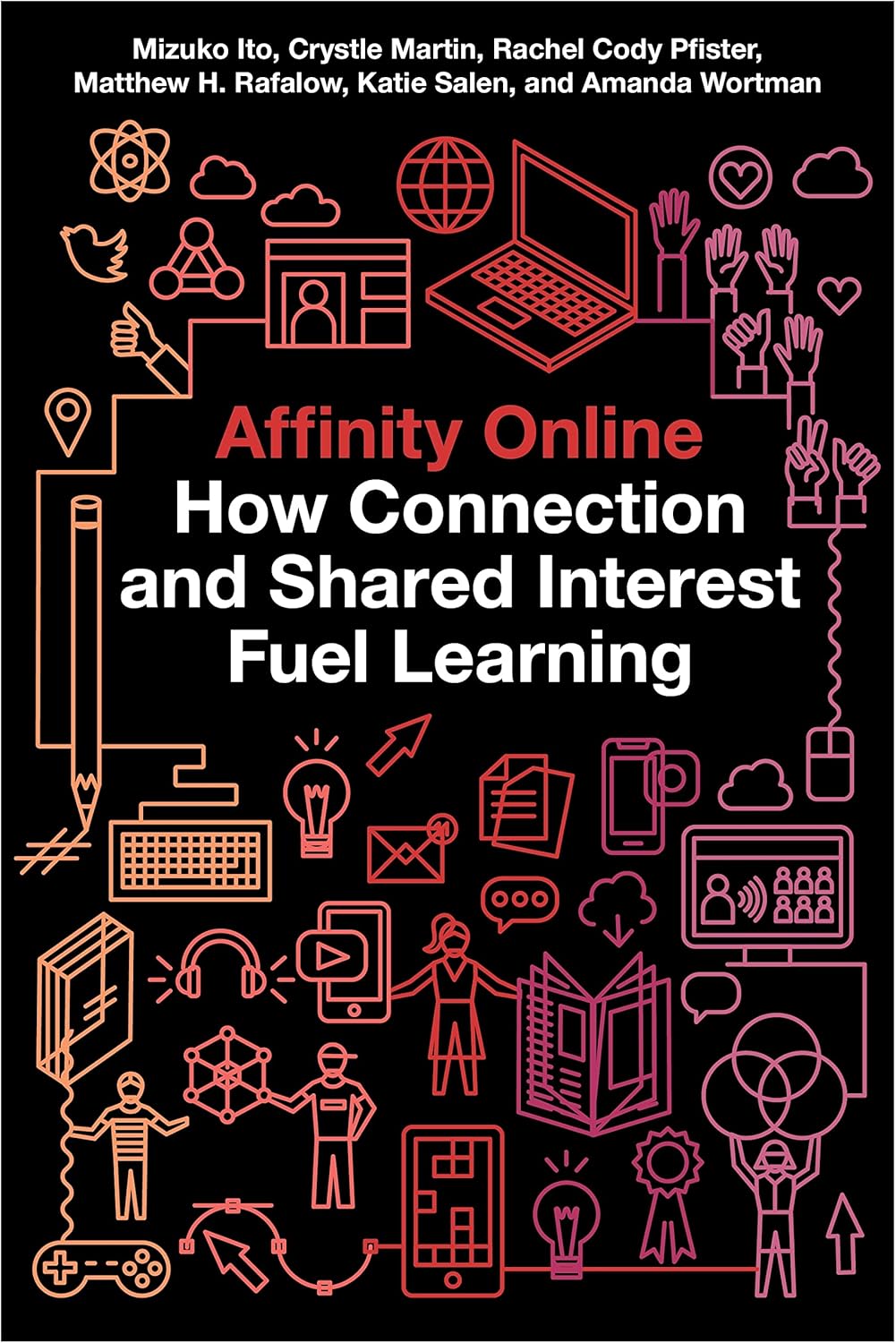
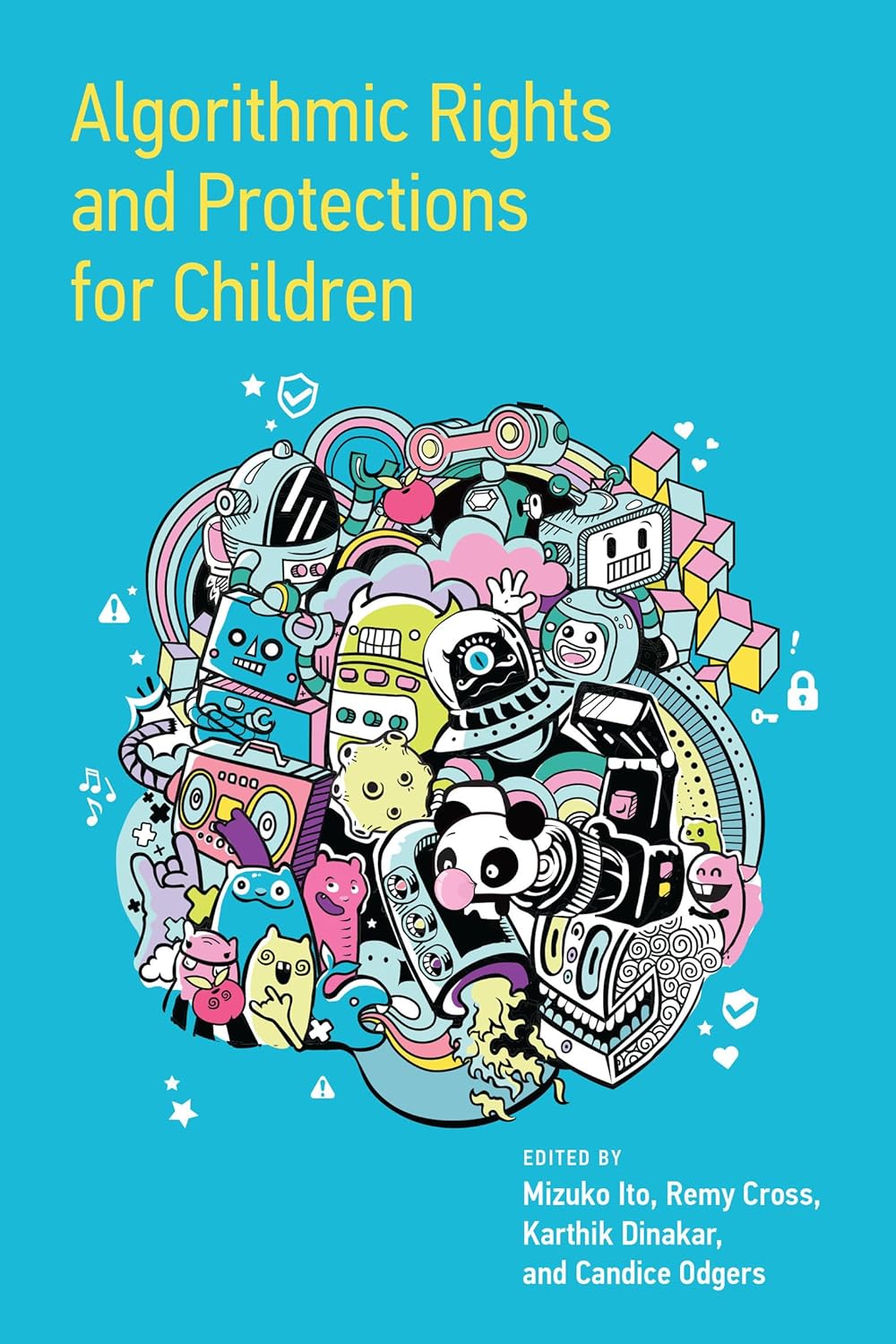
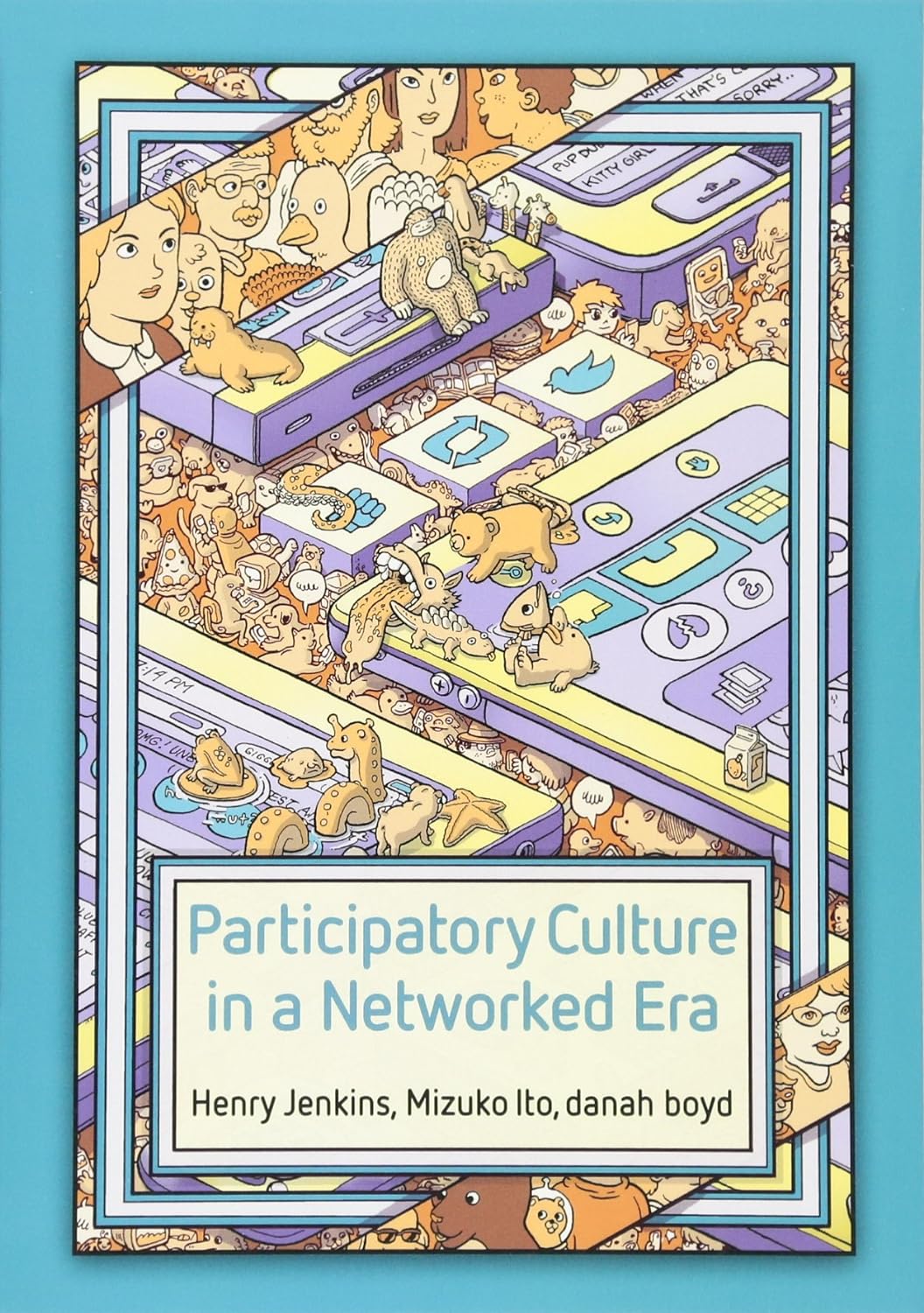
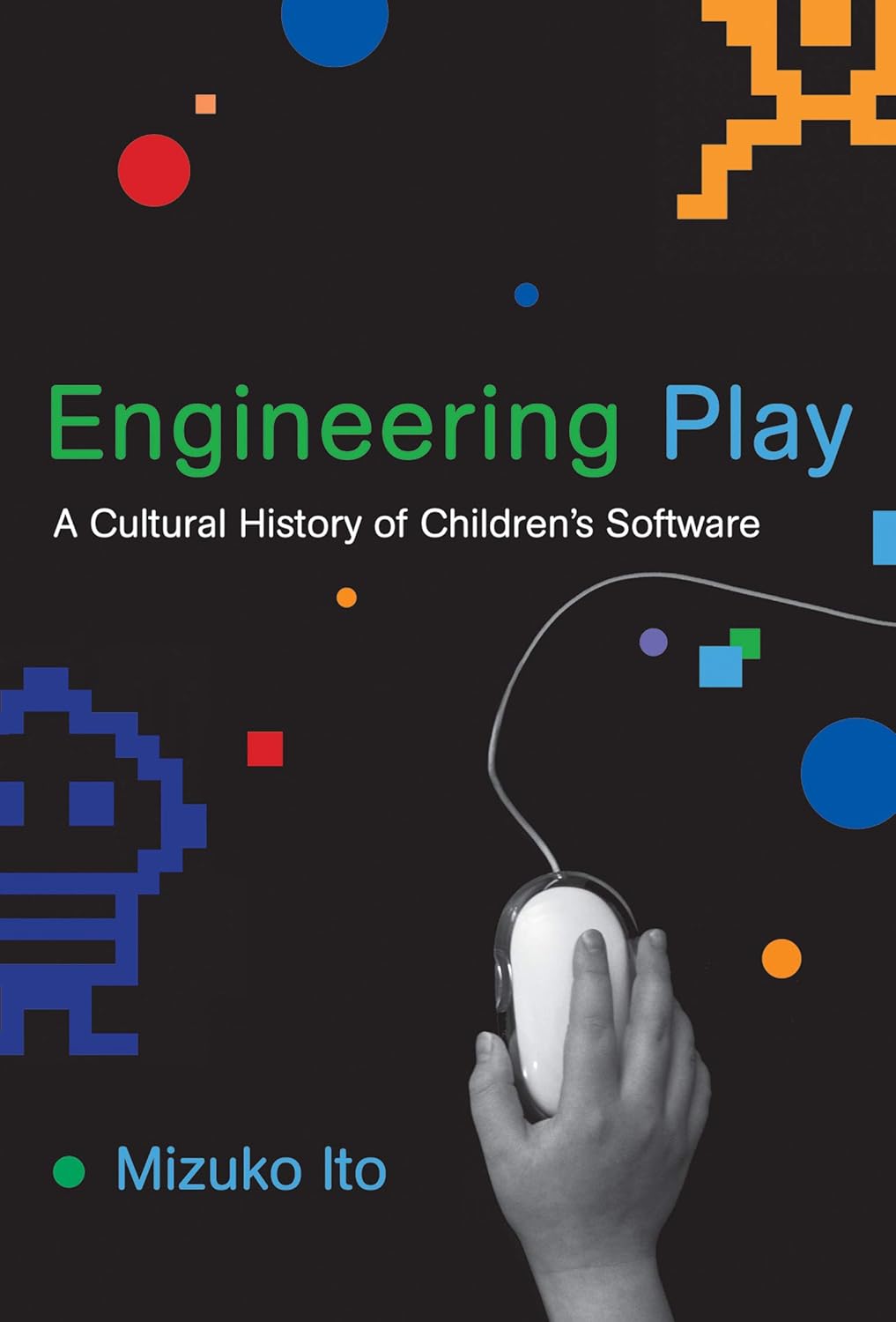
She is the author and co-author of several books related to this space of connected technology, education and kids as well as chapter contributor and editor of various books on the topics of youth, games, learning and technology. Her work includes mobile and game research done in Japan as well as work on connected learning done here in the U.S. “After I did my graduate work on looking at both how kids played with educational CD-ROMs, but also the industry around it, I went on to do research on young people’s mobile phone use in Japan, and video game play and did a big study of how kids were living and learning with new media and the big spike of social media use, that big first wave and became part of this McArthur foundation, digital media and learning initiative that I’ve been involved in for about a dozen years.”[2]
In 2015, she cofounded a unique online camp for kids called Connected Camps, Learning Together Online. Ito’s cofounders include Katie Salen, another professor but also a game designer and Tara Tiger Brown, a technologist and activist. The camp brings together collaborative learning in real time with the idea of summer camps that bring kids together to create games, digital arts, esports, learning to code and learning within the game Minecraft, using their own Kid Club Minecraft Server. The camp is global and has been featured across dozens of media outlets over the last few years. The programs and activity designs are backed by all the research Ito and her fellow researchers have done over the years and the initiative puts into practice her learnings. “One of the things that is really, really important for us with Connected Camps is that we’re fostering an environment so some of those early online experiences are positive ones that are promoting digital citizenship. We’re not raising kids who are trolling and harassing and mean to each other online, which can often happen if they don’t have mentorship and guidance in their early experiences.”[3]
The startup isn’t only about the needs and goals of the kids, part of the mission of the platform and the camps is to take the research that Ito has done and develop online affinity groups and to teach the counselors how to model good behavior for the kids. They have a mission to create safe spaces, especially for the girls in the program who may not have as much experience in spaces that are often very male dominated like Minecraft. “We’re hopeful that it will create an environment that will bring more girls. One of the important things about our startup too is that it is a benefit corporation, so we’re guided by social goals as well as survival as most startups are. For us the issues around equity and serving under-represented groups in getting kids into tech is a really important part of the work we do.”[4]
The program has partnered with schools and libraries as well as community-based organizations including the LA Public Library, the LA Makerspace, and the Institute of Play.
In addition to the MacArthur grant that funded the Digital Youth Project, Ito has been awarded grants by the Gates Foundation, the National Science Foundation, the Spencer Foundation, the Mellon Foundation, Intel Research, the Abe Fellowship Program, and the Japan Society for the Promotion of Science, and is the recipient of the Jan Hawkins Award for Early Career Contributions to Humanistic Research and Scholarship in Learning Technologies from the American Educational Research Association. She is a frequent speaker and an active participant in the Connected Learning Alliance. Her latest book, Algorithmic Rights and Protections for Children, focuses on algorithmic rights and children through a series of research papers and essays that she and two others have edited into a new collection which came out in 2023.
Footnotes
[1] Edutopia, “Mimi Ito on Learning in Social Media Spaces (Big Thinkers Series),” www.youtube.com, October 22, 2013, https://www.youtube.com/watch?v=HF5pxnXwMBY&ab_channel=Edutopia.
[2] Mizuko Ito, Mimi Ito WHY MINECRAFT SUMMER CAMP IS THE NEXT BIG THING IN PROGRESSIVE LEARNING, interview by Amy Jo Kim, https://Gamethinking.io/Podcast/206-Mimi-Ito/, March 9, 2016.
[3] Ibid
[4] Ibid
Mimi Ito Bibliography
- Camps, Connected. “About Us.” Connected Camps. Accessed June 2022. https://connectedcamps.com/about.
- Edutopia. “Mimi Ito on Learning in Social Media Spaces (Big Thinkers Series).” www.youtube.com, October 2013. https://www.youtube.com/watch?v=HF5pxnXwMBY&ab_channel=Edutopia.
- García-Bullé, Sofía. “Connected Learning: A New Path to Knowledge.” Observatory | Institute for the Future of Education, January 2020. https://observatory.tec.mx/edu-news/connected-learning-mizuko-ito.
- Ito, Mimi. “Mimi Ito - Weblog.” www.itofisher.com. Accessed June 2022. http://www.itofisher.com/mito/.
- Ito, Mizuko. “Mimi Ito WHY MINECRAFT SUMMER CAMP IS the next BIG THING in PROGRESSIVE LEARNING.” https://Gamethinking.io/Podcast/206-Mimi-Ito/, March 2016.
- North, NASEF. “Career Spotlight | Dr. Mimi Ito.” www.youtube.com, June 2018. https://www.youtube.com/watch?v=DXcA8CAy3nk&ab_channel=NASEF.
- Press, The MIT. “Mizuko Ito.” The MIT Press. Accessed June 2022. https://mitpress.mit.edu/contributors/mizuko-ito.
- UC Irvine Department of Informatics. “Mizuko Ito | Informatics @ the University of California, Irvine.” Accessed June 2022. https://www.informatics.uci.edu/explore/faculty-profiles/mizuko-ito/.
Selected Stories
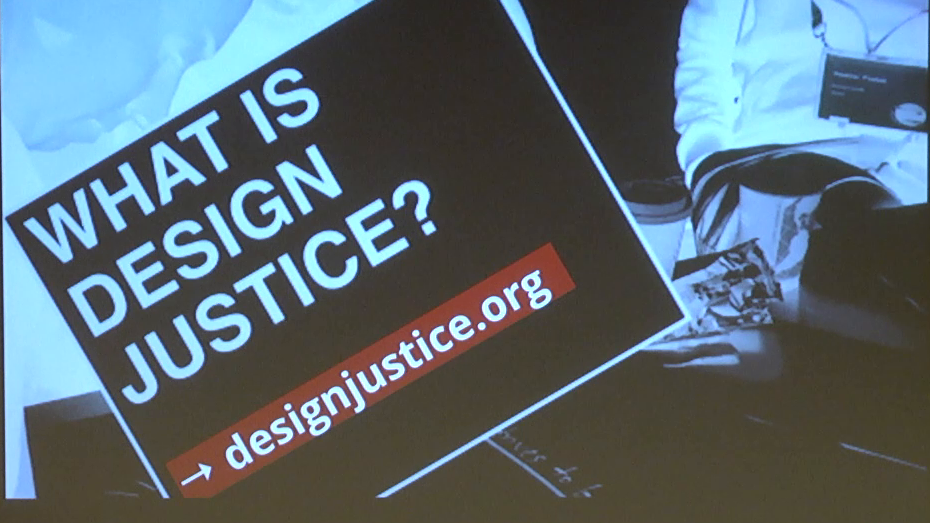
Sasha Costanza-ChockProject type
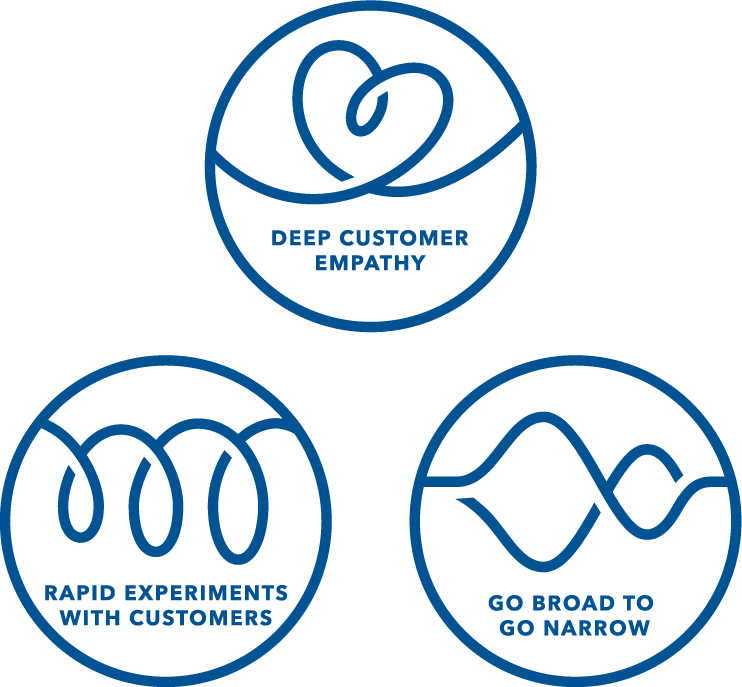
Kaaren HansonProject type
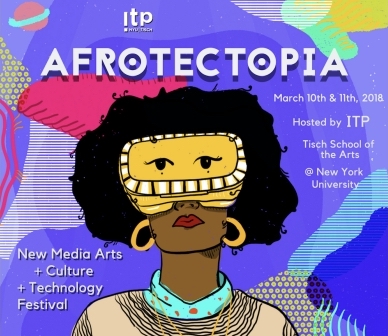
Ari MelencianoProject type

Mizuko Itoresearch
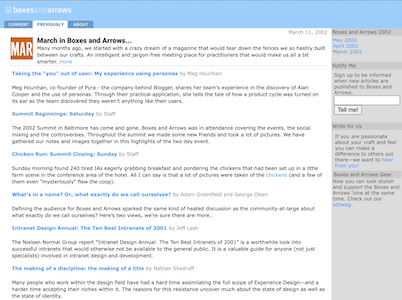
Boxes and ArrowsProject type

Mithula NaikCivic
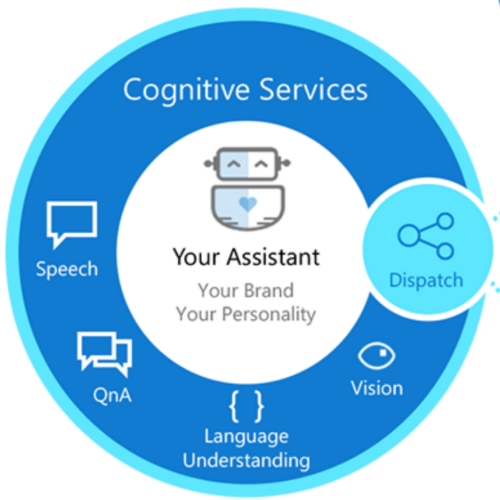
Lili ChengProject type

Ovetta SampsonProject type
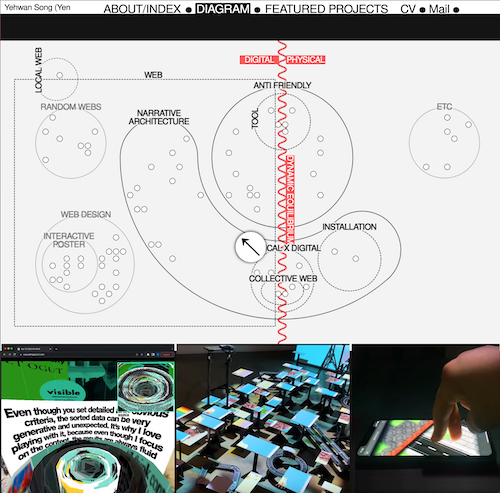
Yehwan SongProject type
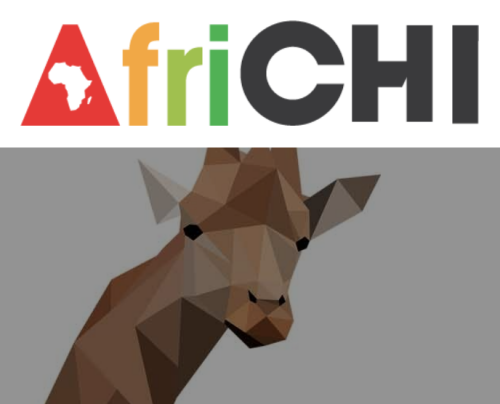
Anicia PetersProject type

Simona MaschiProject type
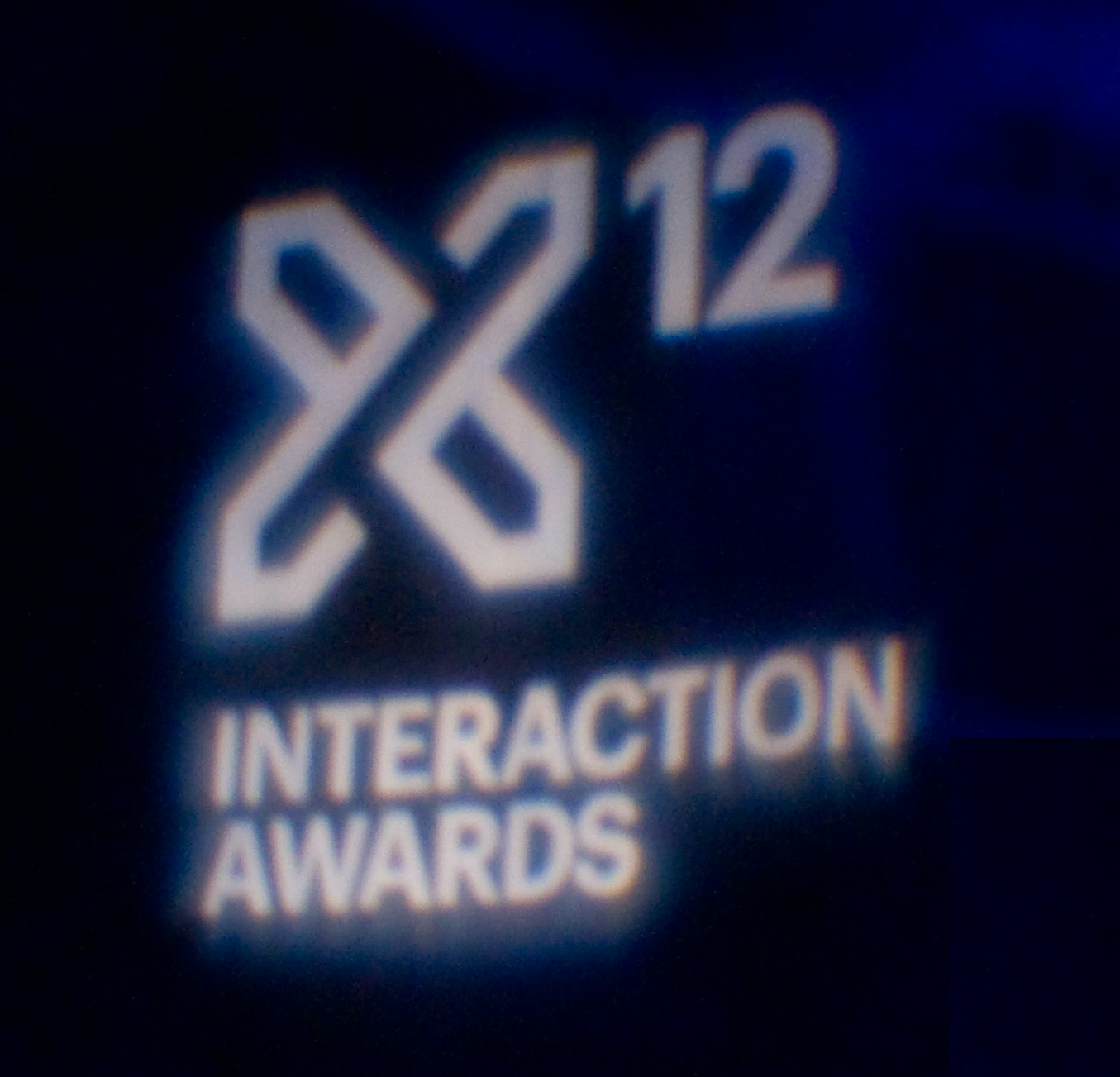
Jennifer BoveProject type
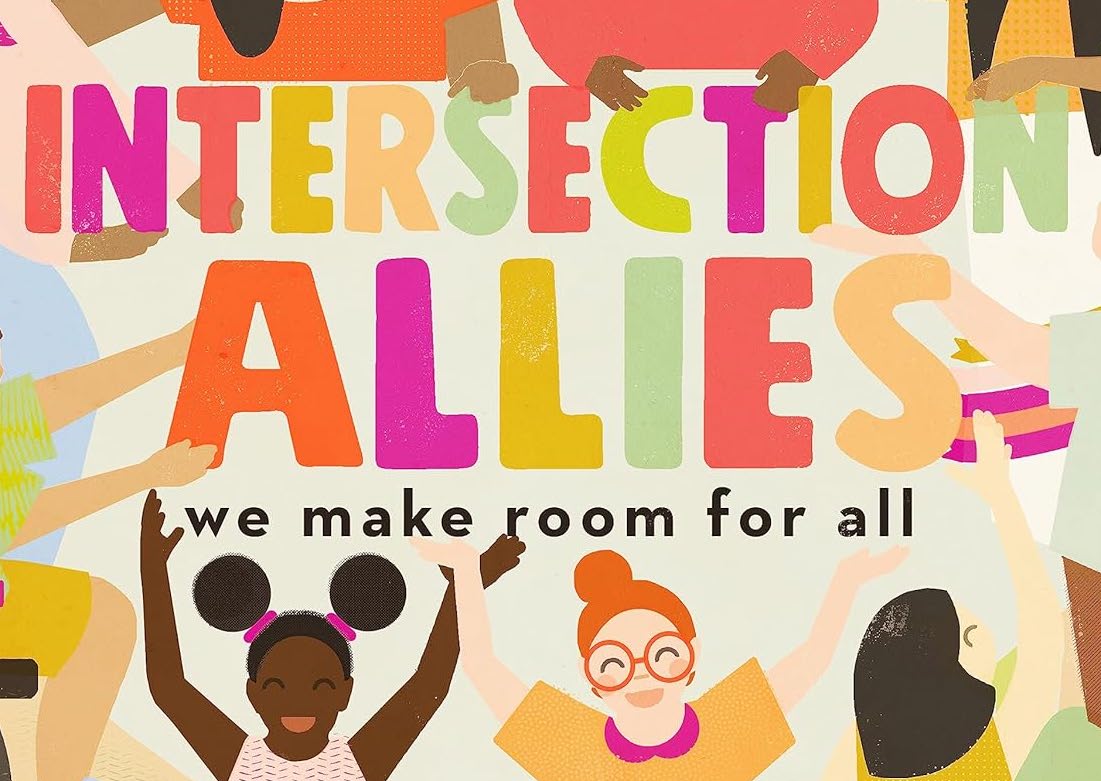
Chelsea JohnsonProject type
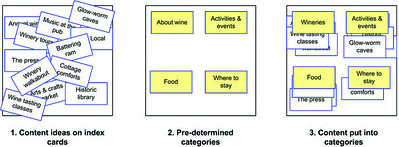
Donna SpencerProject type
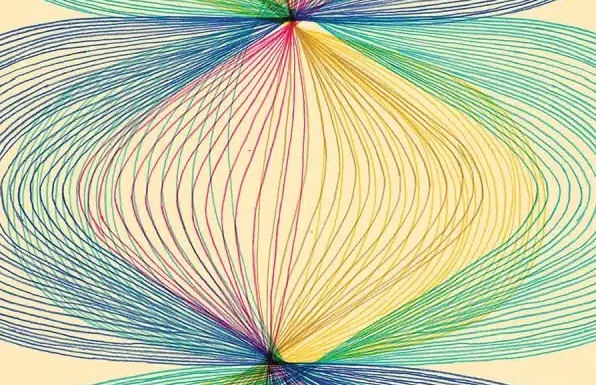
Lisa WelchmanProject type
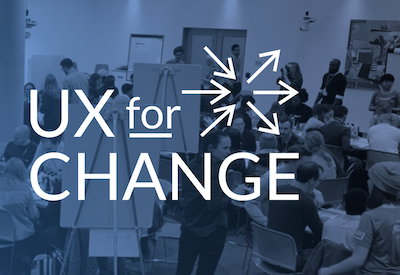
Sandra GonzālesProject type

Amelie LamontProject type

Mitzi OkouProject type

The Failings of the AIGAProject type
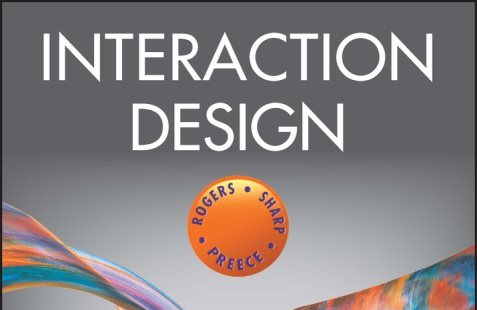
Jenny Preece, Yvonne Rogers, & Helen SharpProject type

Colleen BushellProject type

Aliza Sherman & WebgrrrlsProject type
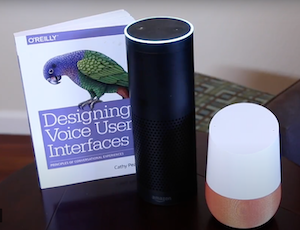
Cathy PearlProject type

Karen HoltzblattProject type
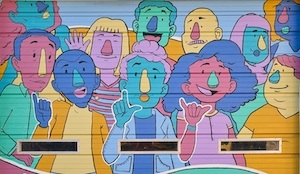
Sabrina DorsainvilProject type
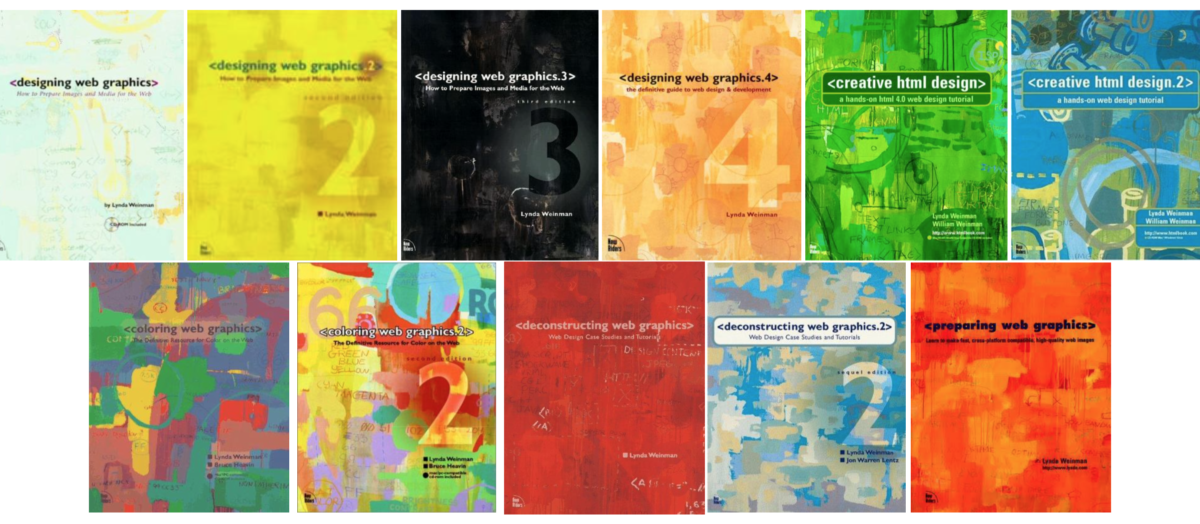
Lynda WeinmanProject type
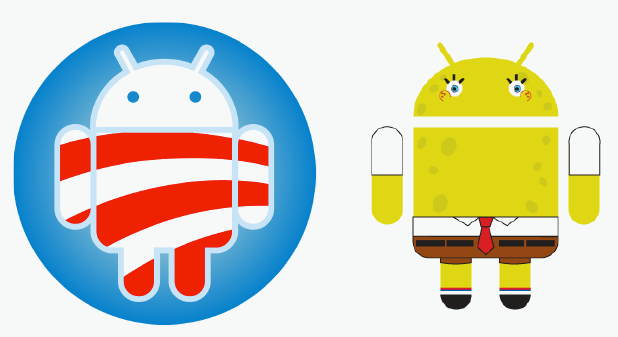
Irina BlokProject type
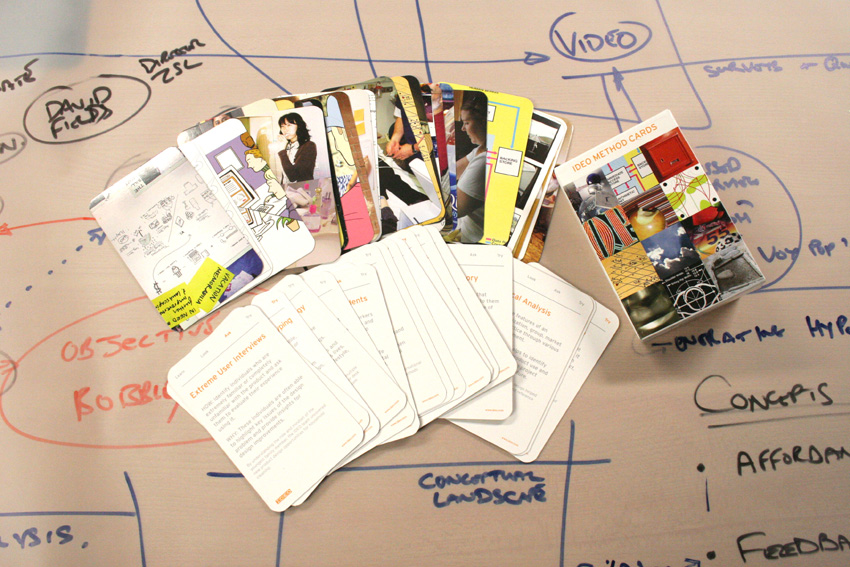
Jane Fulton SuriProject type
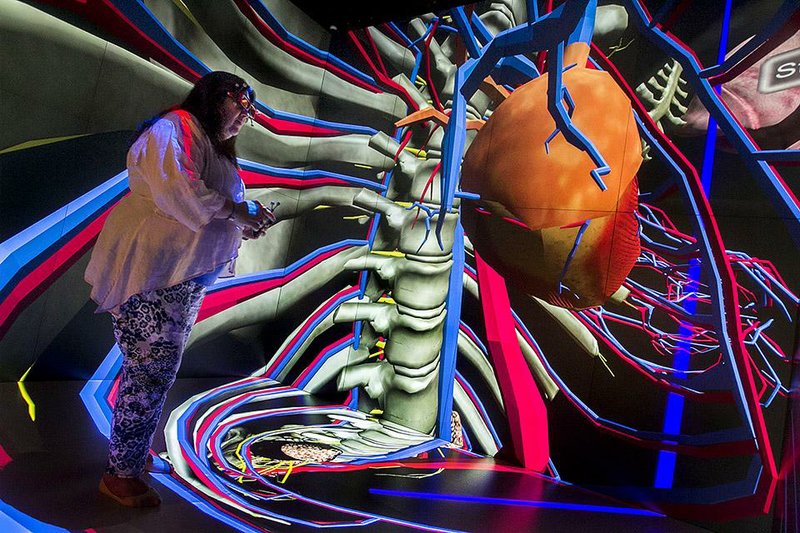
Carolina Cruz-NeiraProject type
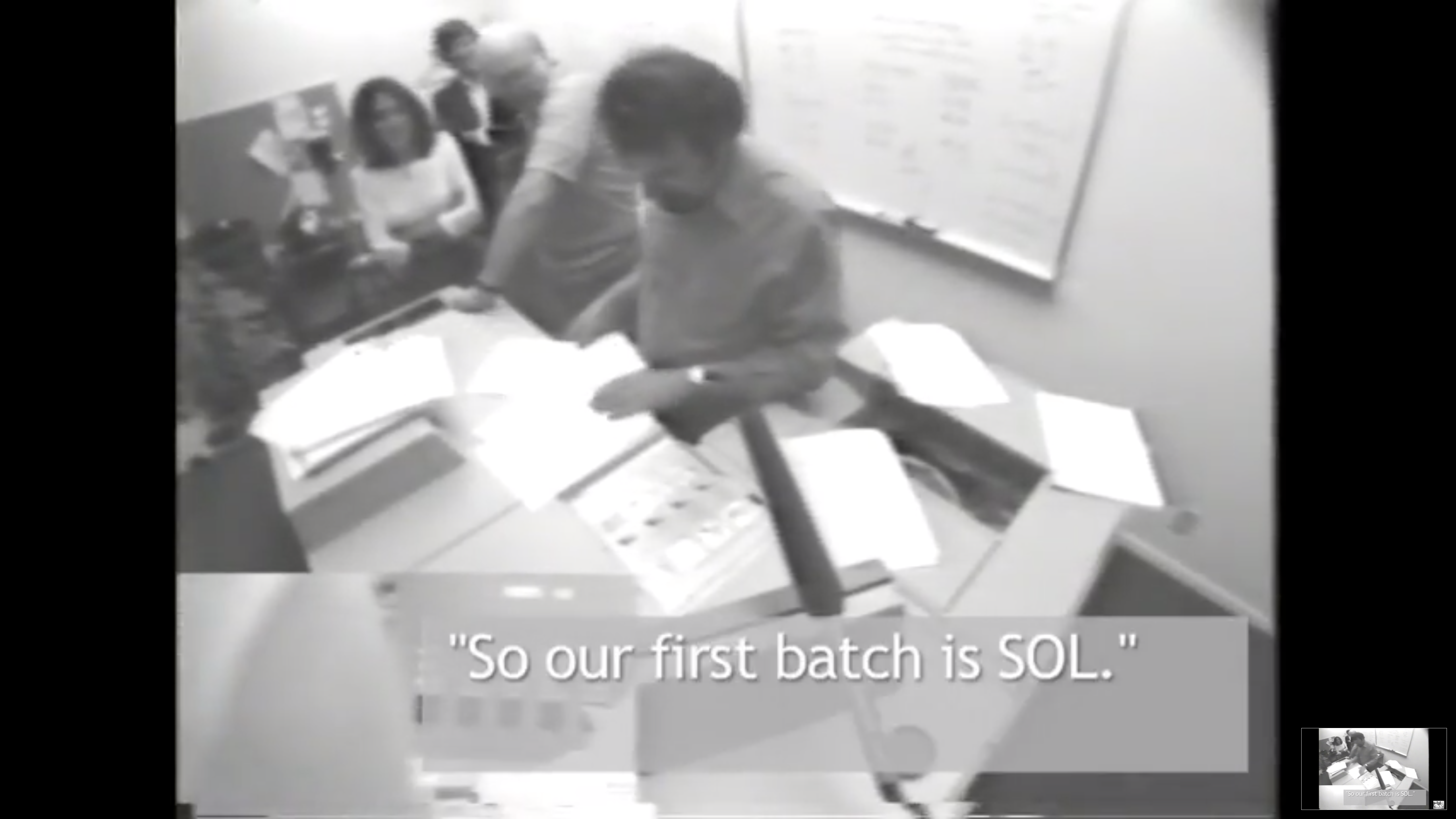
Lucy SuchmanProject type
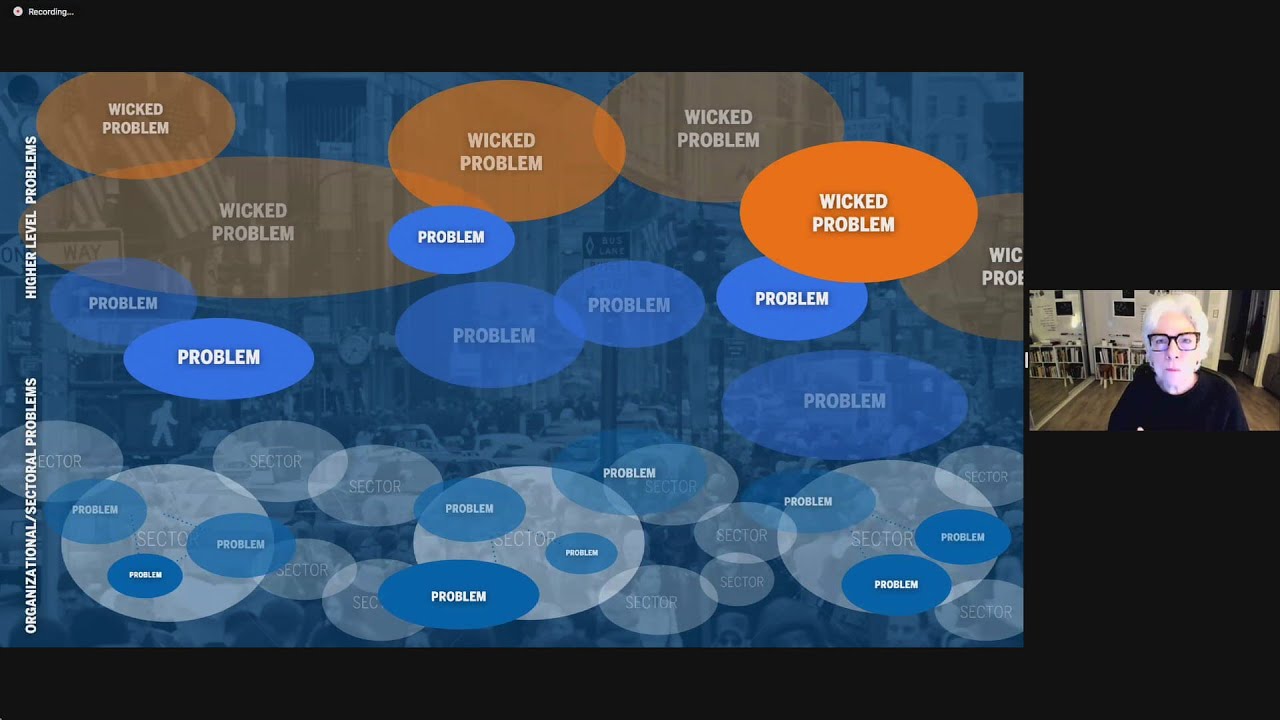
Terry IrwinProject type
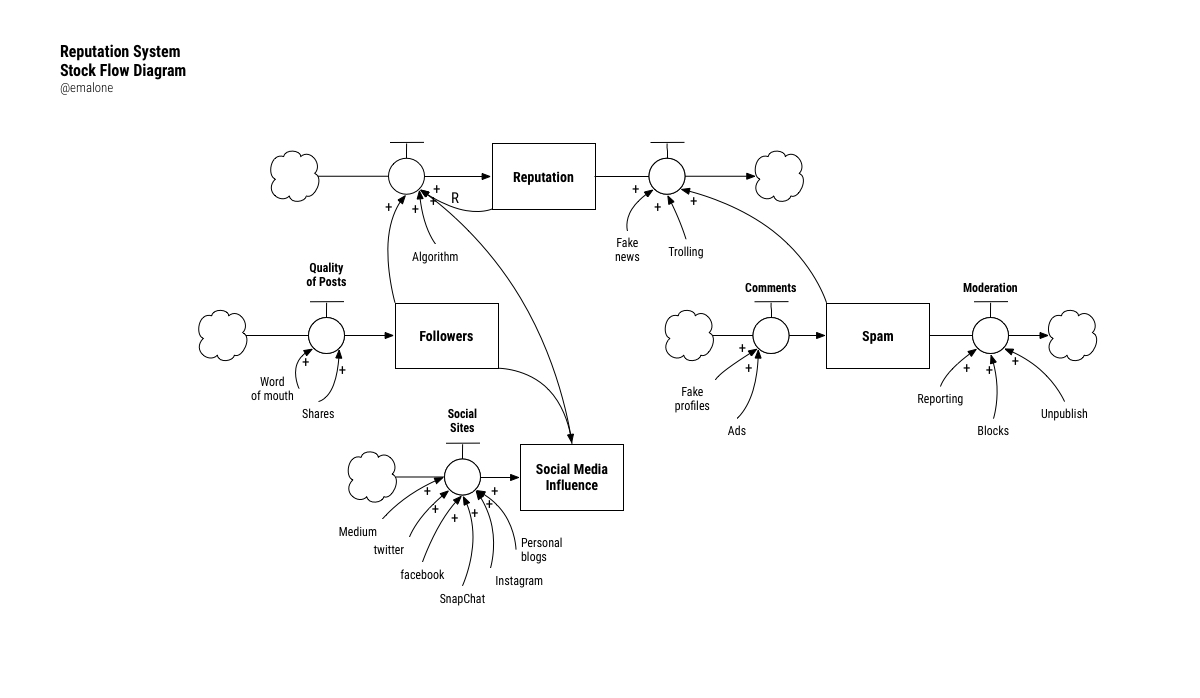
Donella MeadowsProject type

Maureen StoneProject type

Ray EamesProject type
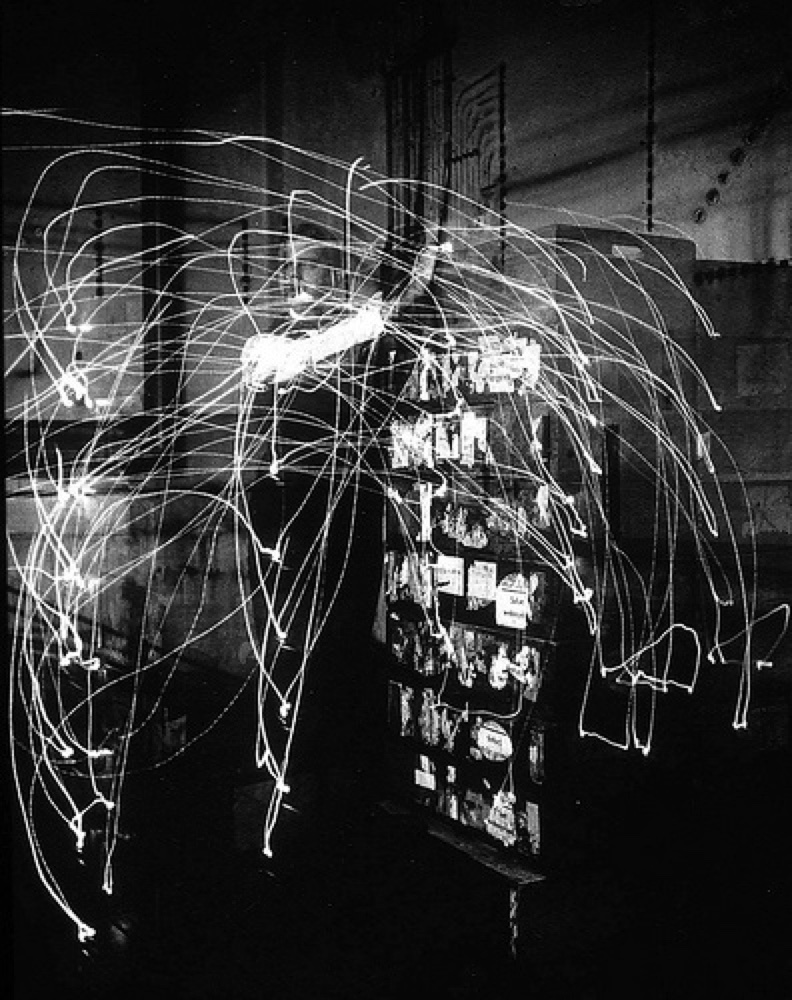
Lillian GilbrethProject type

Mabel AddisProject type

Ángela Ruiz RoblesDesigner

